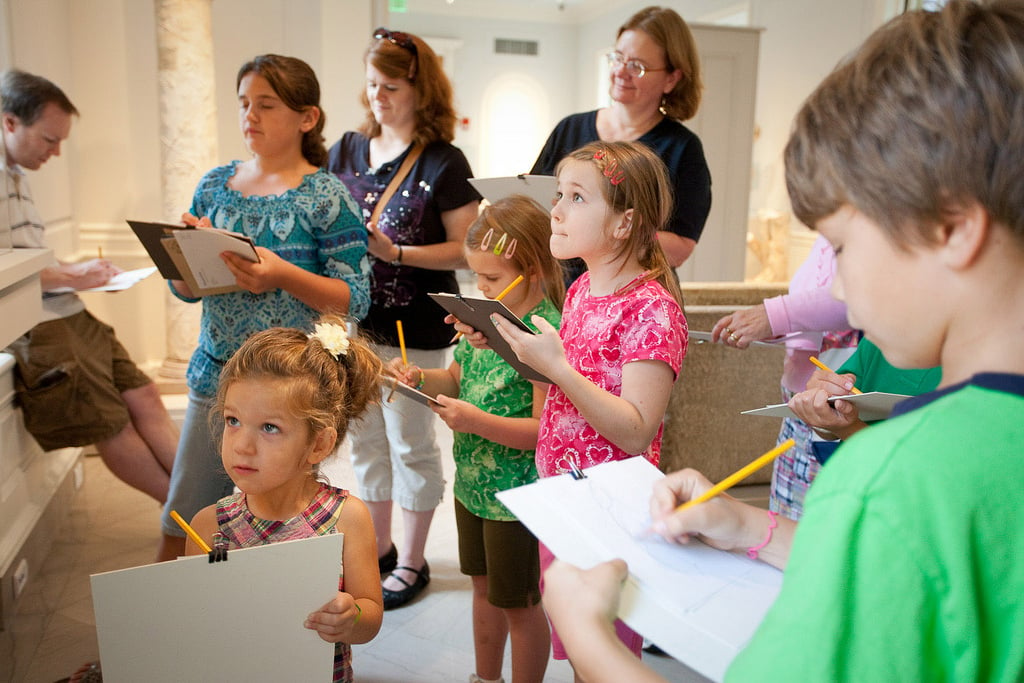
Respondents were most positive about using funding to boost access to the arts for children
Photo: RISD Museum (CC BY-NC-ND 2.0)
Attitudes soften toward tax-funded arts subsidy
Public support for the arts has grown over the past 12 months, with improved access being top of the list of objectives for public funding.
Members of the public feel that public funding of the arts should primarily be used to improve access to the arts, according to the findings of the latest survey of the public’s attitudes towards the arts. The use of tax revenues to fund the arts is more acceptable now than it was two years ago: 56% are now in favour, compared with 44% in 2011. Support for Lottery funding of arts and culture is significantly higher than this, with two thirds (66%) now in favour, up from 62% last year. Respondents were most positive about public funding being used to enable access to the arts and culture for children and those who would not normally have that opportunity; to encourage more “ordinary people” to engage with arts and culture; and to develop new artistic talent. But there is little support for it being used by artists and arts and cultural organisations to take risks and try new things, or to give people the chance to have more say in the kinds of cultural experiences available in their communities.
The survey, the fourth in a series commissioned by Arts Council England (ACE) from DHA Communications and ICM Research as part of a wider assessment of the attitudes and opinions of its stakeholders, also reveals general attitudes of the population to the arts and culture. Nearly half of respondents (47%) believe that they or their friends and family benefit from public funding of arts and culture – more than twice as many as those who don’t (21%). Almost a third (31%) say they'd like to have more to do with arts and culture if they could, but a further third (34%) say they like arts and culture but prefer to spend their leisure time in other ways. Those based in London are more likely to say that arts and culture are an important part of their lives than those based elsewhere; and BME respondents are more likely than white respondents to say that arts and culture are important, and that they would like to have more to do with arts and culture.
Among ACE’s arts and cultural sector ‘partners and opinion formers’, a significant proportion feel that the public should benefit more from its work. More than half of the respondents in this group (53%) believe that cultural organisations benefit most from the work of ACE, but only 14% believe this should be the case. In contrast, nearly two-thirds (61%) believe that the public should benefit the most, but only 27% feel that they do. These findings show little change from the 2011 and 2012 surveys.
Join the Discussion
You must be logged in to post a comment.